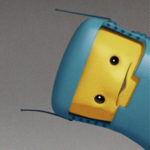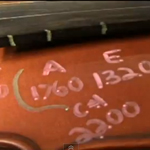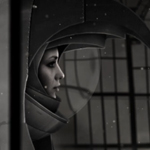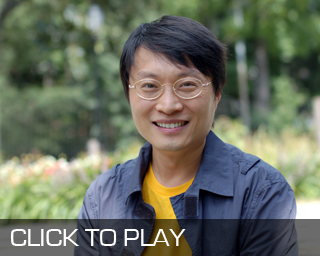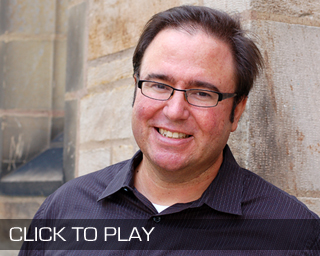I’ve had two particularly inspiring conversations with composers recently, and both included significant discussions of how each had found their way to creative freedom in their work.
Lei Liang spoke passionately about discovering a fuller image of his own cultural identity only after his arrival in the States, and how the dueling influences of his Asian and Western musical leanings actually serve to free him from the trappings of both. You can read more about that here on NewMusicBox or hear how it plays out in his music in the video.
Christopher Theofanidis talked about letting go of his concern for solid ground in his creative process, opening up his musical language, and how he almost gave up his music study to go to business school. (Read the full interview here on NewMusicBox.) His thoughts on the use of storyline in his work have stayed with me:
“I think it comes actually from a general humanistic way of thinking: the transformation of emotions; how you care about something. If it’s a melody or person or whatever it happens to be, it happens over time in a way that makes you care about them more, or hopefully deepens your understanding of them. And that’s where the storytelling thing comes into play for me. It’s something to hang the flow of time on that makes sense. It creates meaning and depth for me.”


